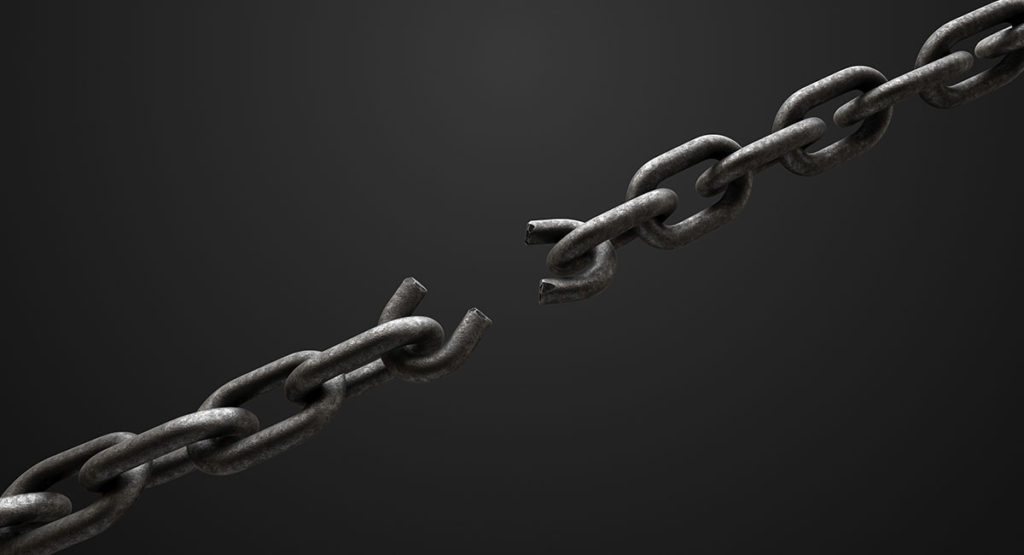July 28, 2022
Emancipation Day
As Canadians, we generally view our country as the refuge for Black Americans escaping slavery in the U.S. via the Underground Railroad. While that is true, we tend to ignore our own vile history of slavery. For more than two hundred years, slavery happened in Canada too.
In the 1400s and 1500s, European explorers routinely captured Indigenous Peoples to take back to Europe to be enslaved or forced into “exhibits.”
In the 1600s, French colonizers in New France began the practice of chattel slavery, in which people were treated as personal property that could be bought, sold, traded and inherited. The vast majority of enslaved people in New France were Indigenous Peoples and the majority of enslaved Indigenous Peoples were young women.
After the establishment of Upper Canada by British colonial settlers, a greater number of enslaved Africans were brought to the country.
It’s estimated that approximately 4,200 enslaved people lived in what is now known as Canada between 1671 and 1831. It is believed that two-thirds of these enslaved people were Indigenous and one-third were of African descent.
Emancipation Day marks the day that the Slavery Abolition Act of 1833 came into effect across the British Empire. The day was only formally recognized in Canada in 2021 after a unanimous House of Commons vote invited Canadians to reflect, educate and engage in the ongoing fight against racism and discrimination.
What does this have to do with the Ottawa Humane Society? Well, since 1888, the OHS has been working to build a humane and compassionate community. Recognizing and reflecting on the inhumanities of the past is one way to create that community – one that includes everyone, animals and people.
Bruce Roney
President & CEO

